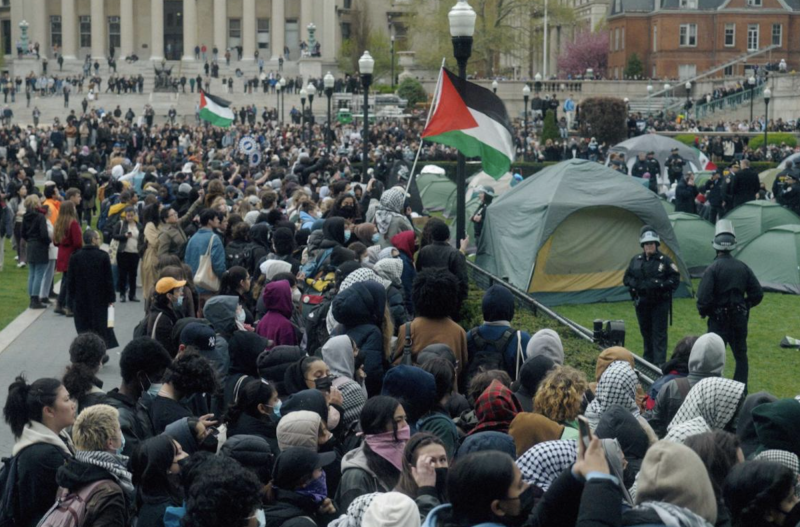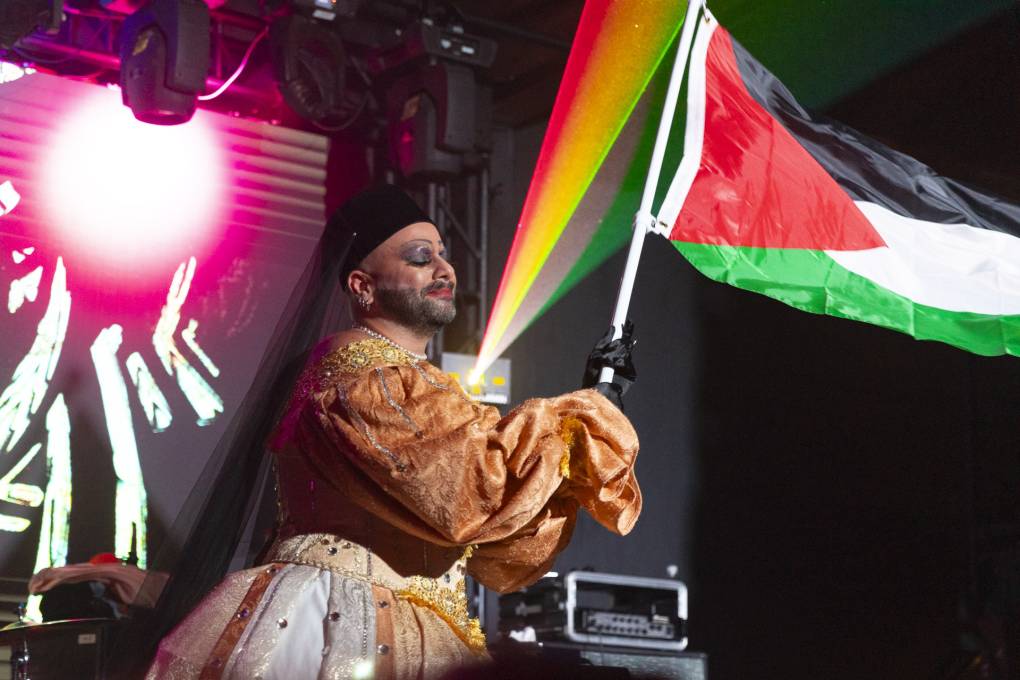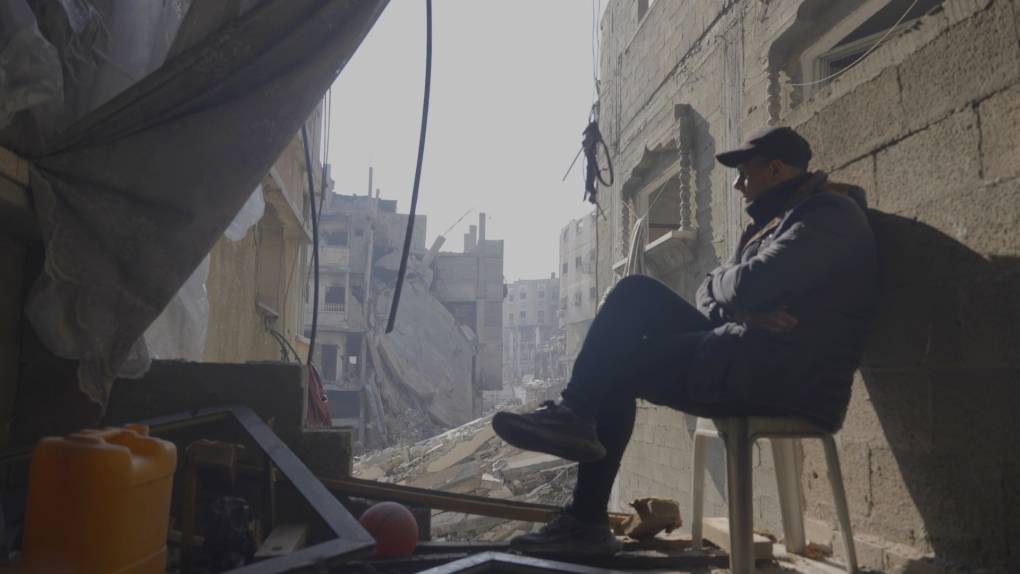At 4 a.m. on April 17, 2024, students on Columbia University’s Morningside campus began assembling tents. By the time the rest of campus had woken up, the first “Gaza Solidarity Encampment” was fully constructed. The tent-covered lawn and around-the-clock sit-in was an escalation by students who had, for many months, been calling for their school to cut ties with companies that were profiting from the war in Gaza.
The Columbia encampment lasted nearly two weeks and inspired hundreds of similar protests around the world. Now, an immersive new documentary called The Encampments takes viewers onto the Columbia campus and into the hearts and motivations of the student crusaders who put their academic futures in jeopardy by taking a stand. The film also raises questions about where the priorities and finances of Columbia — and other educational institutions like it — really lie.




